Overcoming Negative Thinking with ADHD: Shifting Your Inner Dialogue
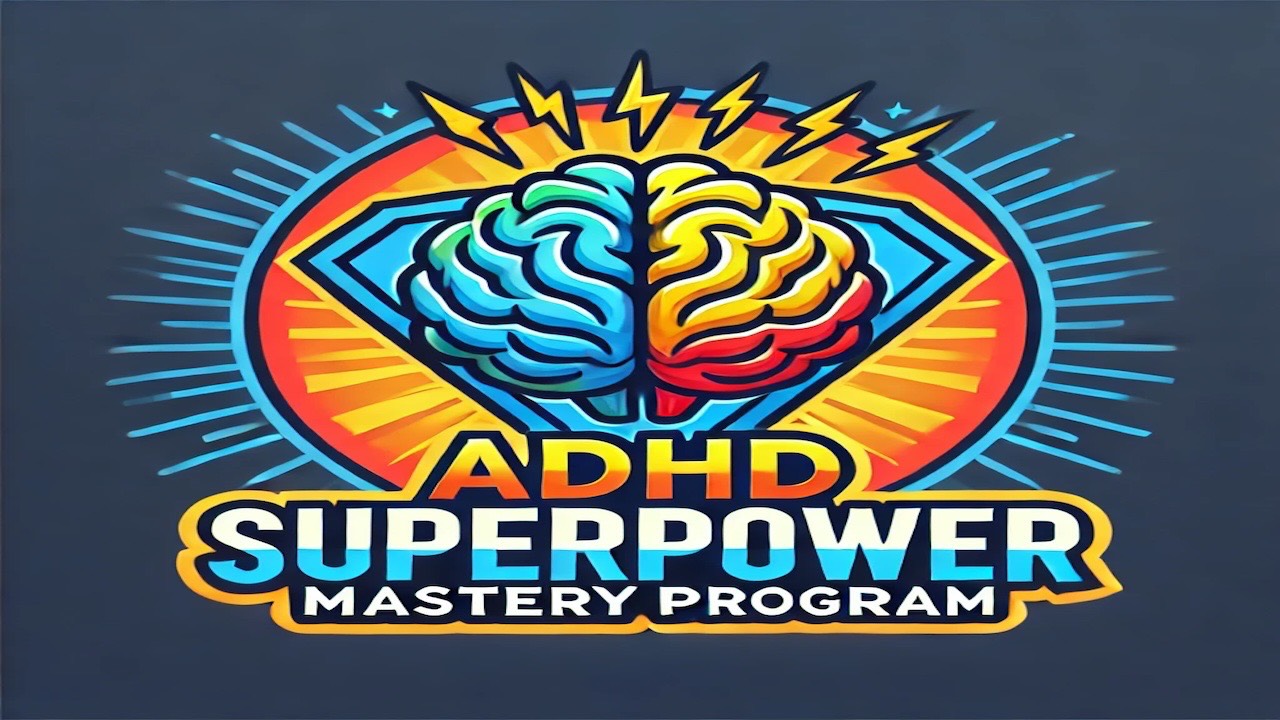
Overcoming Negative Thinking with ADHD: Shifting Your Inner Dialogue
Negative thinking can be a relentless companion when you’re living with ADHD. Maybe you’ve caught yourself spiraling into “what ifs,” replaying past mistakes, or believing you’re destined to fail before you even start. That inner critic can be loud, convincing, and exhausting.
But here’s the truth: just because a thought enters your mind doesn’t make it true. Negative thinking is often a pattern—not a fact—and with the right tools, you can interrupt that pattern, reframe your mindset, and build a healthier inner dialogue.
Let’s explore how ADHD fuels negative thinking and uncover strategies to help you break free and move toward a more confident, positive outlook.
Why ADHD Fuels Negative Thinking
ADHD brains often default to negative thinking for several reasons. Understanding why it happens is the first step to changing the narrative.
1. Hyperfocus on Mistakes
ADHD brains are great at spotting patterns, but...
ADHD and Self-Confidence: Building a Positive Self-Image
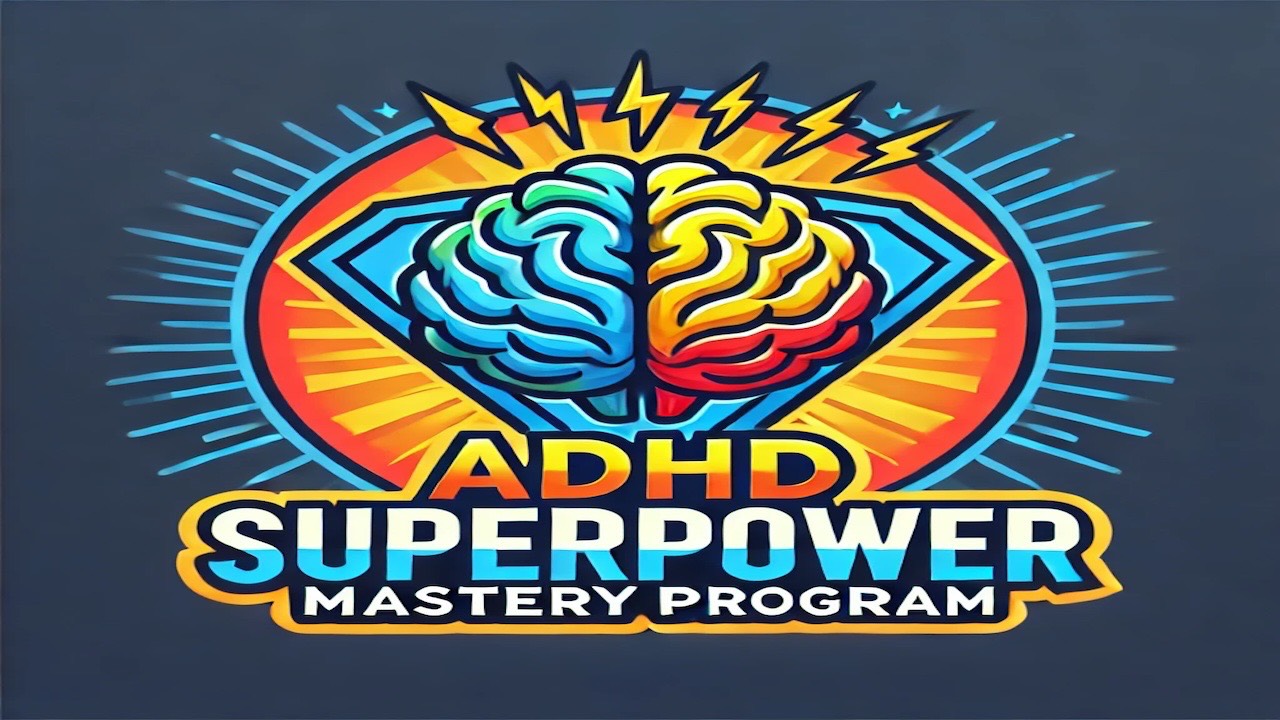
ADHD and Self-Confidence: Building a Positive Self-Image
Living with ADHD often means dealing with a barrage of self-doubt, shame, and feelings of inadequacy. Maybe you’ve struggled to keep up with deadlines, forgotten important details, or felt like you’re constantly letting others down. Over time, these experiences can chip away at your self-confidence, leaving you feeling stuck and uncertain about your abilities.
But here’s the truth: ADHD doesn’t define your worth. You’re more than your challenges, and with the right strategies, you can rebuild your self-confidence, overcome shame, and create a positive self-image.
Let’s explore how ADHD impacts self-esteem and uncover actionable ways to silence the inner critic and embrace your unique strengths.
How ADHD Impacts Self-Confidence
Adults with ADHD often face unique challenges that can impact their self-esteem. Here are a few common reasons why ADHD might be tied to low self-confidence:
1. A History of Criticism
Many adults ...
ADHD and Focus: The Science of Building Better Concentration Habits
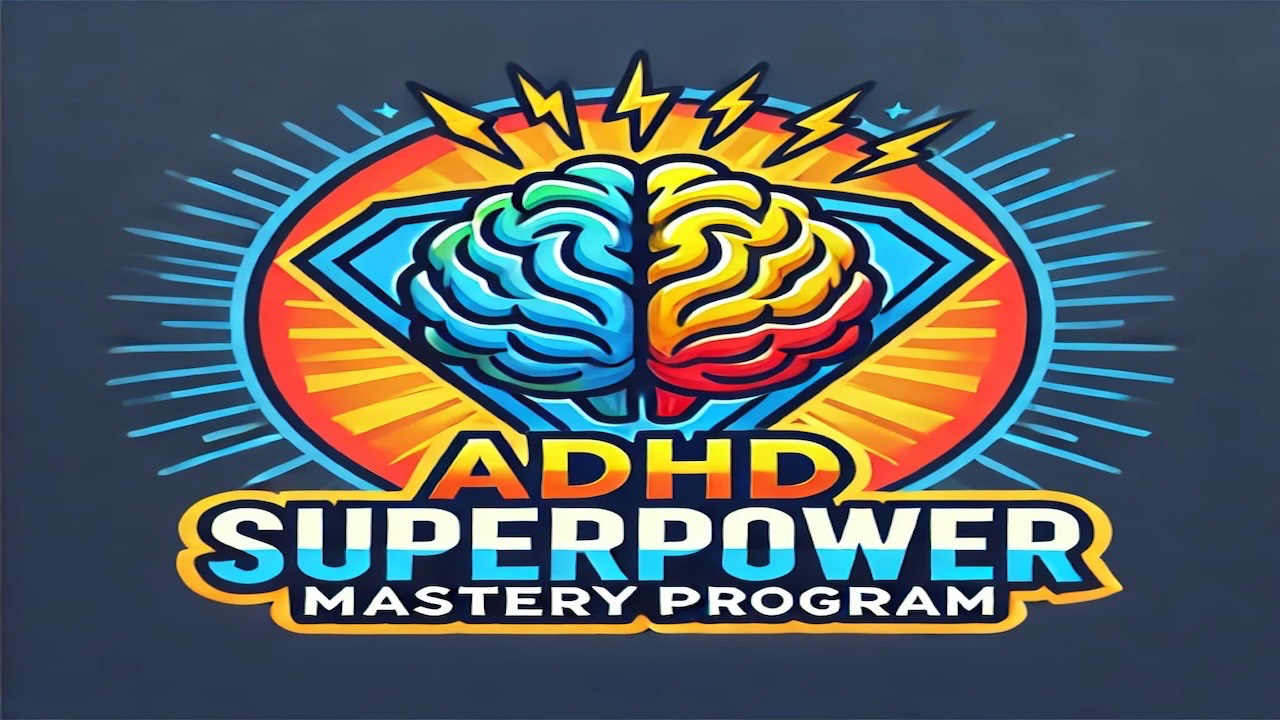
ADHD and Focus: The Science of Building Better Concentration Habits
If you have ADHD, focusing on tasks can feel like climbing a mountain in flip-flops—frustrating, exhausting, and sometimes downright impossible. From a never-ending stream of thoughts to distractions at every turn, staying focused can seem like an uphill battle.
But here’s the good news: improving your focus is possible. It starts with understanding why ADHD makes concentration challenging and building small, intentional habits that work with your brain instead of against it. Let’s break down the science of ADHD and attention and explore proven strategies to boost your focus and productivity.
Why Is Focus So Difficult with ADHD?
ADHD isn’t just about “being distracted.” It’s a neurodevelopmental condition that affects how the brain processes attention, motivation, and self-regulation. Here’s why ADHD makes focus a challenge:
1. Dopamine Dysregulation
ADHD brains often have lower levels of dopamine, the neurotr...
Nutrition and ADHD: How Food Affects Your Brain and Energy Levels
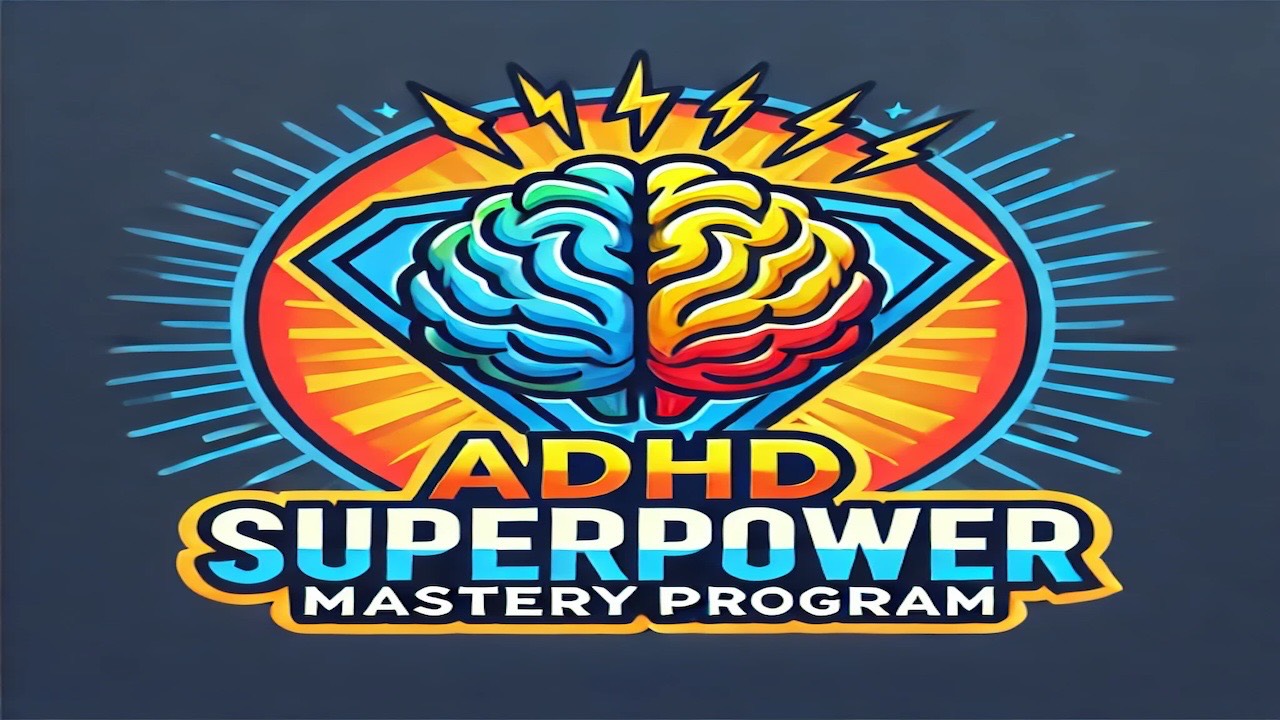
Nutrition and ADHD: How Food Affects Your Brain and Energy Levels
If you’re an adult with ADHD, you’ve probably noticed how much your energy and focus can fluctuate throughout the day. Sometimes you’re alert and on top of things, and other times you’re foggy, tired, or bouncing off the walls.
Here’s the thing: what you eat plays a massive role in how you feel. Your brain uses the food you eat as fuel, and for ADHD brains, finding the right fuel is key to managing focus, mood, and energy levels.
The connection between ADHD and nutrition isn’t just about avoiding sugar or eating more veggies (though those help!). It’s about understanding how certain foods affect your brain’s chemistry and using that knowledge to feel and function your best.
Let’s explore how food impacts ADHD symptoms and dive into ADHD-friendly diet tips to help you thrive.
Why Nutrition Is So Important for ADHD
Your brain is a hungry organ—it uses up to 20% of your body’s energy. For adults with ADHD, providin...
ADHD Paralysis: How to Get Unstuck and Take Action

ADHD Paralysis: How to Get Unstuck and Take Action
You’ve got a to-do list full of tasks. You know what you need to do. And yet, you’re stuck. Instead of tackling that project or making that phone call, you’re scrolling social media, binge-watching Netflix, or staring blankly at your computer screen. Sound familiar?
Welcome to ADHD paralysis—a frustrating experience where your brain feels frozen and unable to take action, no matter how much you want to. But here’s the thing: ADHD paralysis doesn’t mean you’re lazy or incapable. It’s your brain’s way of reacting to overwhelm, indecision, or emotional stress.
The good news? You can break free from ADHD paralysis. Let’s dive into why it happens and explore ADHD-friendly strategies to help you get unstuck and move forward.
What Is ADHD Paralysis?
ADHD paralysis happens when your brain feels overwhelmed or stuck, making it hard (or impossible) to start or complete tasks. It’s not about laziness—it’s about how ADHD impacts your abili...
ADHD at Work: How to Thrive in the Workplace with Neurodivergence

ADHD at Work: How to Thrive in the Workplace with Neurodivergence
Managing ADHD in the workplace can feel like a constant juggling act. Between deadlines, meetings, and the endless distractions of modern work environments, it’s easy to feel like you’re falling behind. But here’s the truth: your ADHD brain is not a weakness—it’s a unique asset, especially when you know how to leverage your strengths and work with your challenges.
From creativity to problem-solving, adults with ADHD often bring incredible value to their workplaces. The key is learning how to navigate your environment, minimize distractions, and implement ADHD-friendly systems that set you up for success.
Let’s dive into actionable tips to help you stay organized, productive, and confident at work while fully embracing your neurodivergent strengths.
Why ADHD Can Make Work Challenging
ADHD presents specific challenges in traditional work environments. Understanding these obstacles is the first step toward overcomin...
Impulse Control and ADHD: How to Stop Acting Before Thinking

Impulse Control and ADHD: How to Stop Acting Before Thinking
Have you ever said something in the heat of the moment and instantly wished you could take it back? Or impulsively bought something you didn’t really need (or can’t afford)? Or maybe you’ve made a split-second decision that you later regretted?
If so, you’re not alone. Impulsivity is one of the hallmark traits of ADHD. It’s not about a lack of intelligence or caring—it’s about how ADHD impacts your brain’s ability to pause, think things through, and regulate your actions.
The good news? You can absolutely learn to manage impulsivity and develop better self-control. It’s not about being perfect—it’s about finding strategies that help you pause and think before you act. Let’s dive into why impulsivity happens with ADHD and how to get a handle on it.
Why ADHD Makes Impulse Control So Hard
Impulse control challenges stem from the way ADHD affects certain areas of the brain, particularly the prefrontal cortex, which is res...
How to Improve Focus with ADHD: Tips for Better Attention and Concentration
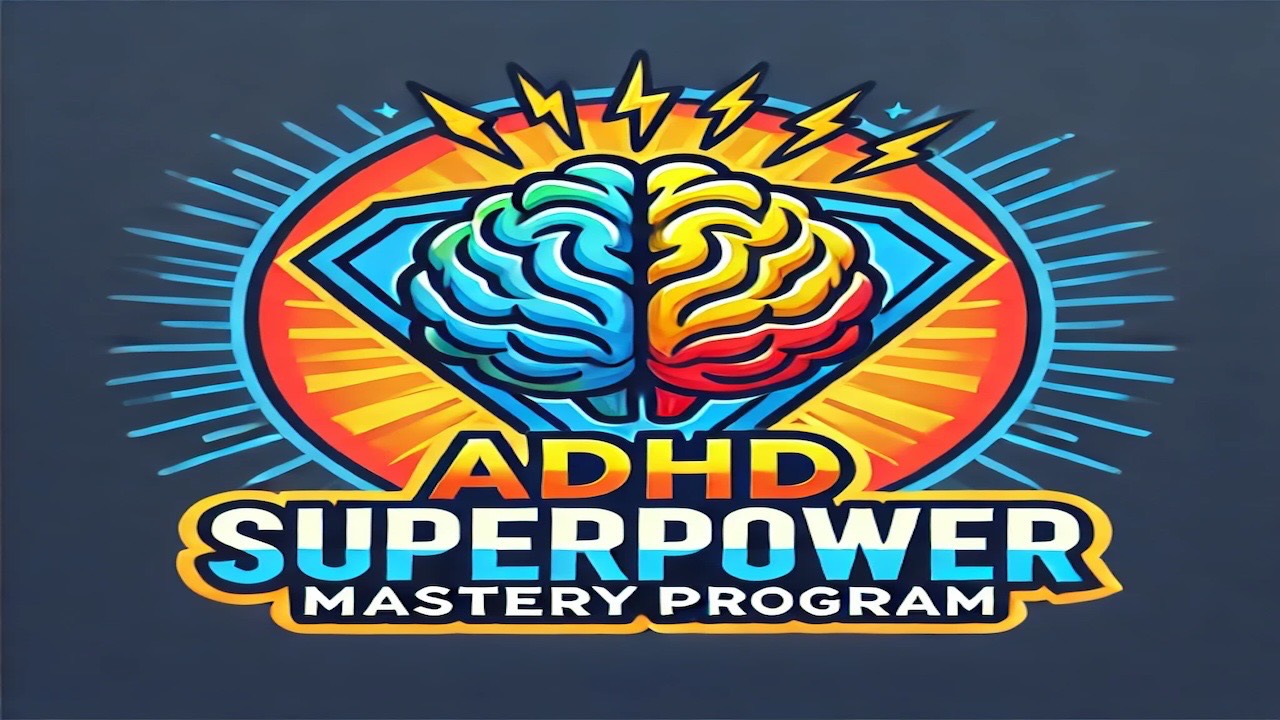
How to Improve Focus with ADHD: Tips for Better Attention and Concentration
Do you ever sit down to start a task, only to find your mind wandering to 10 different things at once? Or maybe you’ve been staring at the same email for 30 minutes, but can’t seem to get your brain to cooperate.
For adults with ADHD, maintaining focus can feel like trying to hold onto a slippery bar of soap—it’s frustrating, exhausting, and often elusive. But here’s the thing: ADHD brains can focus! They just need the right tools, environment, and mindset to get there.
Let’s explore why focus is such a challenge for ADHD and dive into actionable tips to improve your attention and get things done more efficiently.
Why Is Focus So Hard for ADHD Brains?
ADHD is not a lack of focus—it’s a lack of regulated focus. This means that while you may struggle to pay attention to boring or routine tasks, you can hyperfocus on something that truly engages or excites you.
Here are a few reasons why focus feels like ...
Rejection Sensitive Dysphoria and ADHD: How to Handle Emotional Sensitivity
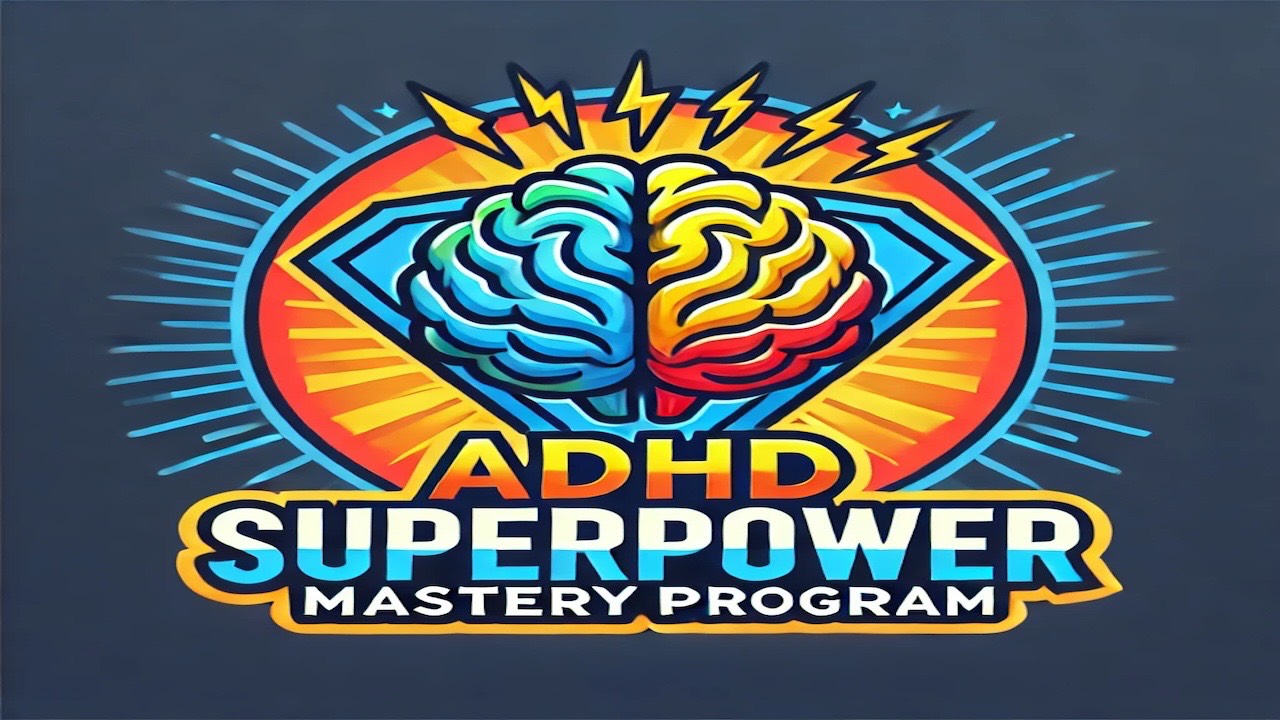
Rejection Sensitive Dysphoria and ADHD: How to Handle Emotional Sensitivity
If you’ve ever felt like even small criticisms or rejections hit you way harder than they should, you’re not imagining it. It’s called Rejection Sensitive Dysphoria (RSD), and it’s something many adults with ADHD experience. RSD isn’t just about feeling hurt—it can cause overwhelming emotional pain, anxiety, or even avoidance of certain situations altogether.
The good news? You’re not alone, and you can learn to manage it. Let’s break down what RSD is, why it happens, and how to handle it so it doesn’t take over your life.
What Is Rejection Sensitive Dysphoria (RSD)?
RSD is an intense emotional reaction to real or perceived rejection, criticism, or failure. While everyone feels hurt by rejection from time to time, RSD can feel much more severe for adults with ADHD. It’s not just emotional discomfort—it can feel like a full-on emotional crisis.
Common Signs of RSD:
- Overreacting to criticism or even ne ...
ADHD and Anxiety: How to Manage Racing Thoughts and Overthinking
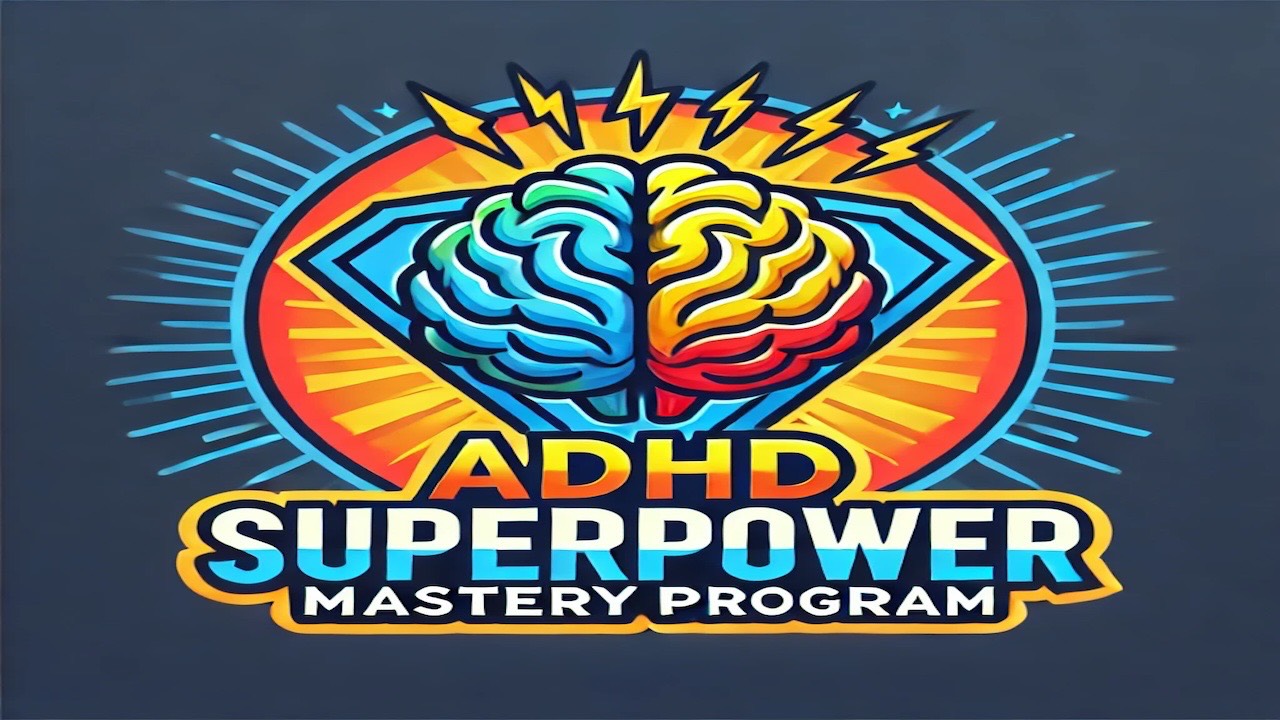
ADHD and Anxiety: How to Manage Racing Thoughts and Overthinking
If you’re living with ADHD, chances are you’re no stranger to anxiety. Whether it’s overthinking past conversations, worrying about the future, or feeling like you’re “not doing enough,” the combination of ADHD and anxiety can feel like a mental tug-of-war.
What makes it trickier is that ADHD and anxiety don’t just coexist—they fuel each other. ADHD symptoms like forgetfulness or impulsivity might lead to stress, while anxiety can make it harder to focus or stay organized. It’s a vicious cycle, but it’s one you can learn to manage.
Let’s unpack why ADHD and anxiety are so interconnected and explore practical strategies to calm your mind, regain focus, and take back control.
Why Are ADHD and Anxiety So Often Linked?
It’s incredibly common for adults with ADHD to also experience anxiety. In fact, studies show that about 50% of adults with ADHD are diagnosed with an anxiety disorder. Here’s why the two are so closely...
